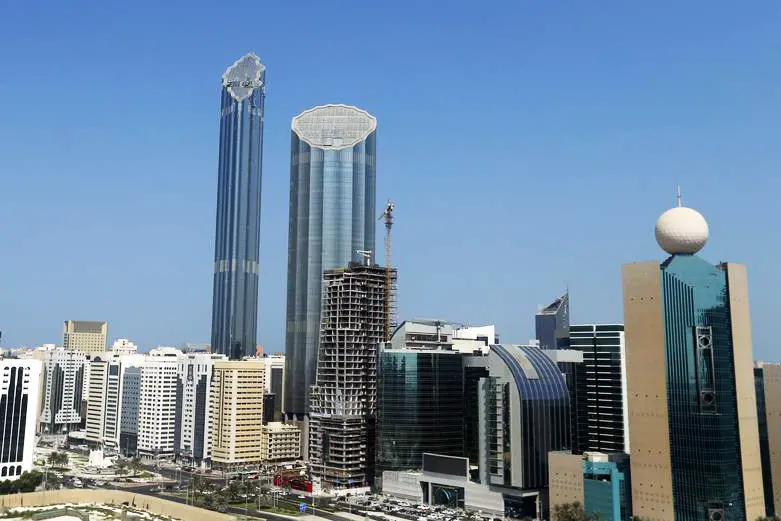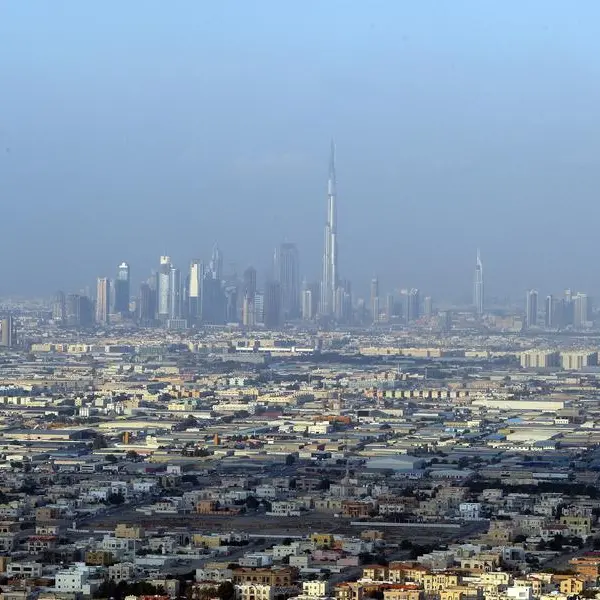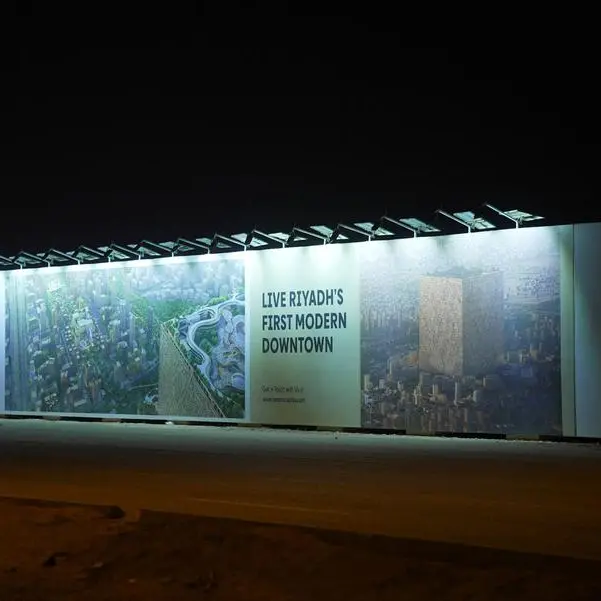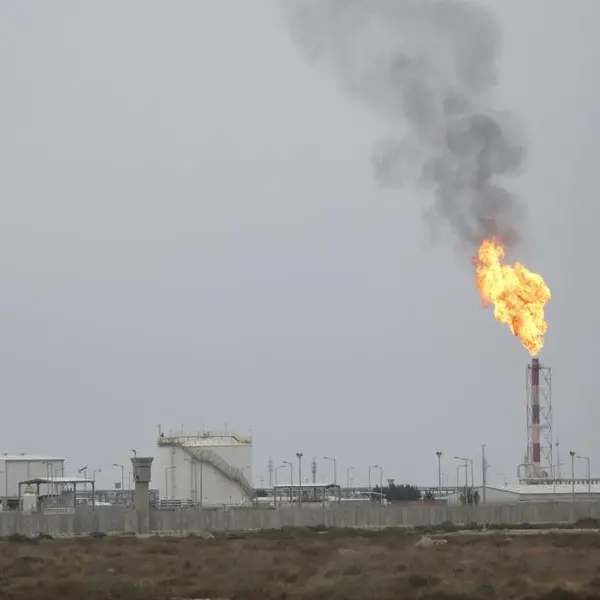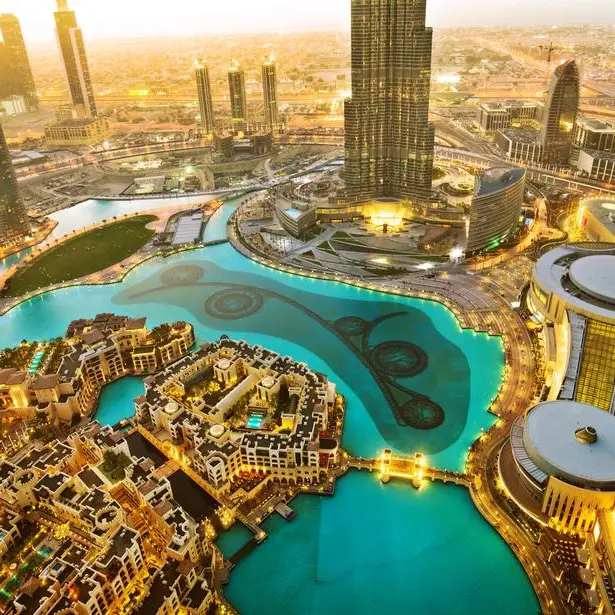PHOTO
Following a two-year boom, Abu Dhabi real estate is expected to stabilise this year, but the negative impact of lower oil prices could be felt in the longer term.
Following a rally in 2013 and 2014, Abu Dhabi's real estate market is facing a cooling off period linked to weaker sentiment and lower oil prices.
Average sales prices across the capital's freehold markets increased by just under 24 per cent in 2014, according to real estate consultants Cluttons, compared to 31 per cent in 2013. In Q1 of this year, however, the growth rate slowed to just 0.5 per cent.
It was a similar story in the rental market. In the two most recent quarters, residential rents increased by two per cent and three per cent respectively in the capital, according to CBRE, compared to 12 per cent growth in the last year.
Looking ahead, real estate researchers are expecting a stable to negative market, based on three per cent oil-volatility-impacted economic growth expectations, and the government reigning in spending in some areas.
"We may continue to see growth for the first part of the year, but looking forward, if the economic situation isn't improving, we may start to see some negative growth there as well," said Matthew Green, director and head of research at CBRE Middle East.
"This economic uncertainty is not good for investors. Obviously there is a different structure and Abu Dhabi is more of an occupier market than an international investor market, but maybe we'll see some negative growth before the end of the year," he added, suggesting a decline of up to five per cent is possible in the long term.
Staying in the game
Faced with low oil prices in an economy still 50 per cent dependent on hydrocarbons, and heavily reliant on government and oil and gas sector workers, real estate agents and developers are looking at alternative segments as potential bright spots.
Among them, Cluttons points to Abu Dhabi Global Market Place (ADGM), the emirate's up and coming financial Free Zone, as addressing pent up demand for Grade A office space in the city.
Rental demand for premium locations like World Trade Centre and Etihad Towers grew between eight and 18 per cent in Q4 of last year, according to the firm, and ADGM is commanding a premium on top of the prime market.
Rents in the free zone are as high as Dhs3600 to 3,700 per sqm, Cluttons estimates, more than Dubai International Financial Centre, and significantly higher than the Dhs2,000 to 2,200 per sqm seen at the top of the Abu Dhabi office market.
"It [ADGM] has the potential to be an economic game changer. Once you get those high-end organisations moving into that space, you're creating a pipeline of high-end households. Once you start creating high-end households, you're creating a pipeline of high-end residential demand," said Faisal Durrani, international research and business development manager at Cluttons.
Another area unlikely to feel the affects of oil volatility is government-owned Masdar City, a sustainable development next to Abu Dhabi International Airport designed as a clean-tech hub.
At this year's Cityscape Abu Dhabi, Masdar announced the launch of solar powered and water efficient eco-villas, designed to accommodate future population growth within the city, and other significant expansion plans.
"We just released the construction contract for 500 apartments, and they are all fully leased so that's all under contract. We'll be later on in the year rolling out more plans for market rate housing, not only developed by Masdar City but also developed by third party investors. Plus other opportunities around retail, further residential and commercial space," Masdar City director, Anthony Mallows, told Gulf Business.
Equally though, there is still plenty of demand for developments in the right location, like Saadiyat Island, according to Cluttons.
The island, which is home to Abu Dhabi's new Louvre and Guggenheim museums and several five star hotels, was the city's star sub market last year, the firm said, with apartment rents increasing 11.2 per cent.
Pressure on Saadiyat's values and rents is expected to continue this year, although at a more subdued pace.
"It's positioning itself as being an exclusive residential area, the Palm Jumeirah equivalent in Abu Dhabi," said Durrani. "Our expectation is for things to level out this year for the most part, but places like Saadiyat will be an exception."
Among the more recent projects announced on the island was Bloom Holding's mixed-use Park View, a combination of a 234 unit residential building and a 188-key hotel apartment building, managed by Rotana.
The firm's newly appointed CEO, Sameh Muhtadi, told Gulf Business that he expected the development to cater to students and visitors to the nearby New York University campus, as well as conferences.
He sees the island, with its upscale offerings, forming a "niche at the high end of the Abu Dhabi housing sector".
Affordability Concerns
But while there are opportunities in the high-end market, surging rents and rising living costs in the last year, including 170 per cent and 40 per cent increases to expats' water and electricity bills respectively, have raised concerns over Abu Dhabi's affordability.
The government has clearly taken note, with one of the three developments, totaling 2,000 units, launched by state-owned developer Aldar at Cityscape targeted at the mid-income segment.
Meera, a 400 home development on Reem Island, is Aldar's first foray into the affordable sector, according to chief development officer Talal Al Dhiyebi.
"An area we weren't previously active in that we started looking at is individual end user consumers within the affordability bracket. The bracket we are targeting are those with a salary range of 20 to 30 thousand dirhams, and we're launching our first project within that particular segment," he said. "I see [affordability] as a focus for future developments."
There are also signs the government may be planning a more wholesale approach to affordability. A new rental matrix, similar to the five per cent annual rental cap that was removed at the end of 2013, is widely expected to return, according to CBRE, although no timeframe has been confirmed.
"What the government is concerned about is it that scares people away and doesn't encourage people to relocate
from Dubai if there is a price differential," said Nicholas Maclean, MD of CBRE Middle East.
"We know it's [the rental cap] being looked at carefully. They don't want to stifle any future rental growth, and then therefore do away with the whole reason it was removed in the first place, but on the other hand they don't want Abu Dhabi to be an unaffordable city."
This news may not be welcomed by developers and investors, however, which have committed to dozens of new projects.
Abu Dhabi's Urban Panning Council approved 76 projects and developments last year, covering 11 million square metres, and an estimated 35,000 new residential units are expected to hit the market in the next four years, according to CBRE.
"I don't know if it's needed," said Bloom's Muhtadi. "We haven't see abnormal increases and quite frankly I believe it should be a free market situation where the demand determines the type of rents that are offered."
© Gulf Business 2015
